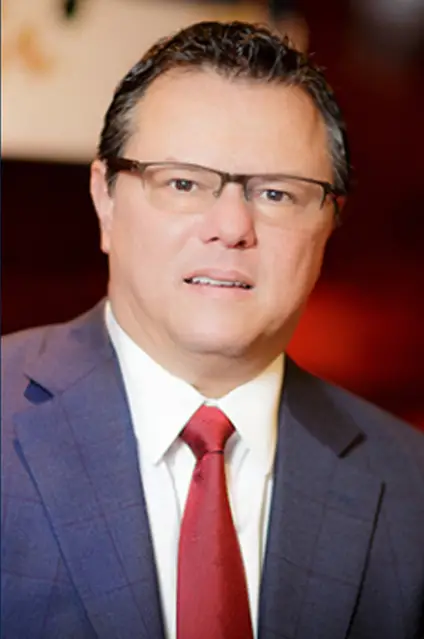Three months after investors sued struggling White Plains developer Michael P. D”™Alessio over failed Manhattan condominium projects, a bank and more investors have filed lawsuits.
The investors are demanding at least $17 million in damages and a court order stopping D”™Alessio from selling or transferring the properties.

D”™Alessio and his enterprises have carried out a “massive scheme” to defraud them, investors allege in three lawsuits filed in Westchester Supreme Court.
The Westchester Bank also sued, demanding $881,000 on a $1 million loan he took out in 2015.
D”™Alessio did not respond to a telephone message requesting comment, but he recently apologized to investors in an email.
“I am terribly sorry for these turns of events,” he wrote, “and I recognize that you have lost your hard-earned money in these projects.”
His business model was to buy Upper East Side townhouses, demolish or gut them, and build luxury condominiums. He guaranteed the loans personally and promised investors returns of 10 to 16 percent per year and quick repayment of principal.
Four investors sued D”™Alessio, Michael Paul Enterprises and project entities in December after he stopped making payments.
They demanded to inspect the financial records to trace use of funds on the $90.2 million projects.
Seventeen investors, including the original four accusers, filed three new lawsuits on March 13.
They charge D”™Alessio and his enterprises with fraud, unjust enrichment, breach of contract and breach of guaranty.
They claim, for instance, that D”™Alessio enterprises fabricated construction costs on a $19 million project on East 67th Street, have not paid subcontractors and have moved money in and out of an account “as if it were their personal piggy bank.”
Investors in a $31.4 million project on East 62nd Street said that $13.6 million in construction costs billed last November were “fictitious,” and that “little, if any, of the work billed was actually performed.”
A New Rochelle investment company claims that D”™Alessio moved “millions of dollars into his own account,” in a $23.4 million project on East 64th Street.
Investment companies that have sued the developer include Attis Properties of Harrison; East 64th Street Realty Partners of New Rochelle; and RNG WEA LLC of Morganville, New Jersey.
Individual investors include Joseph Breda of Pelham; Joshua and Angie Brown of Stamford, Connecticut; Robert Cicero of New Milford, Connecticut; Rella Fogliano of Pelham; Stacey Gendels of New Rochelle; Philip and Ellen Goldstein of the Bronx; Philip Healy of Bedford, New Hampshire; Keith Hummel of West Harrison; Jacqueline Martinez of Hauppauge; Douglas Scribelli of New York City; Marilyn Shendell of New Rochelle; and Bonni Stanley of New Rochelle.
D”™Alessio wrote in a Feb. 20 letter to investors that two projects on East 62nd Street “no longer make economic sense.”He said the mortgage lender had given notice of its intention to foreclose and he intended to accept an offer.
A week later, he described “our current financial crisis,” in an email report to investors.
The Manhattan market for high-end condominiums was hot seven years ago, he said, and his first project, on East 63rd Street, sold out in less than a year and at prices above projections.
He acquired two properties on East 81st and East 82nd streets. They took longer to finish and sell but also were successful, he said.
Eager to expand, he bought five more properties. He projected 18 to 24 months to build and sell them, but by then, he wrote, he was facing the “strictest regulatory administration in New York City history” and building inspectors were issuing “stop work orders for every little thing.”
Work dragged on and the condos went way over budget and ran out of money. He said he personally borrowed $11 million to keep the projects going.
“I was completely leveraged,” D”Alessio said. His only option was to “stop paying the preferred returns and use the money to complete the projects and continue to make mortgage payments so that we were not in default.”
When the investors sued, he said, a newspaper article about the case was sent to his banks and investors.
“The immediate response from my banks was to shut down my lines of credit and to stop the funding on my construction loans. This caused me to completely shut down my operation and lay off all of my staff, and essentially put me out of business, which in turn destroyed any option of preserving the investors”™ capital.”
D”™Alessio said had decided to turn over the keys and deeds to the banks, to avoid the costs of foreclosure.
“Although many of the factors that led me to this point may have been beyond my control,” he wrote, “I still hold tremendous regret understanding how these projects have affected all of my investors.”




















